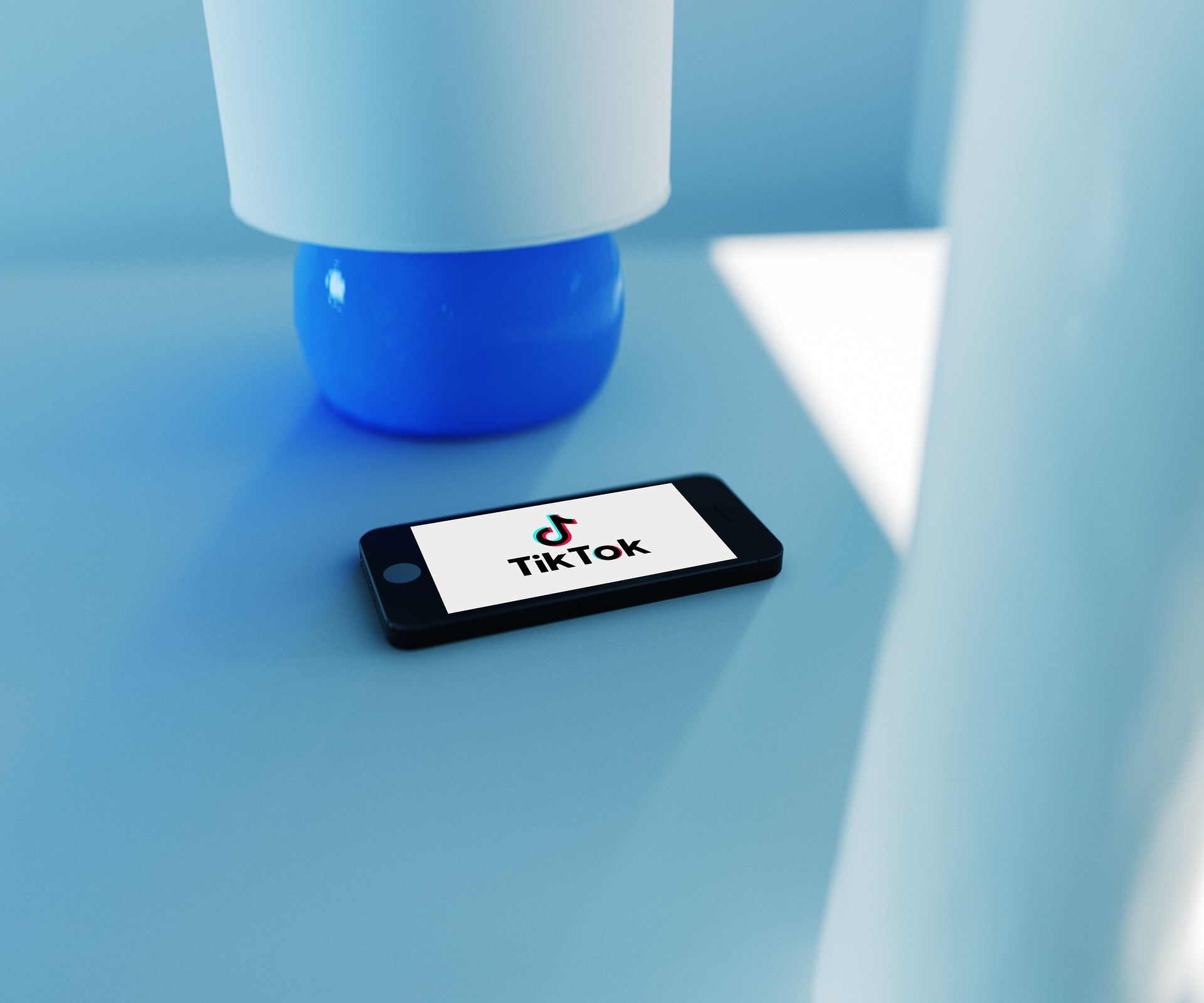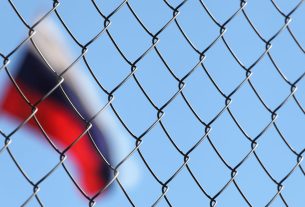The European Union (EU) has initiated a second investigation into TikTok under the Digital Services Act (DSA), following concerns regarding the platform’s potential role in interfering with Romania’s upcoming presidential election. This probe centers on the effectiveness of TikTok’s recommender algorithms and its policies surrounding political content, particularly in relation to how the platform could influence electoral outcomes.
Investigation Focus
The investigation, prompted by fears of foreign interference in Romania’s political process, seeks to assess whether TikTok’s content moderation and algorithmic recommendations are adequately addressing risks to democratic processes. The focus will primarily be on TikTok’s handling of political content and whether its recommender systems are amplifying misleading or biased information that could sway public opinion during the election period.
The DSA, which came into effect in 2022, empowers the EU to investigate and regulate online platforms that pose risks to public safety and democracy. This new investigation highlights growing concerns that TikTok, with its highly engaging algorithm-driven feeds, might be used as a tool for spreading disinformation, particularly around high-stakes events like national elections.
Political Content and Algorithm Scrutiny
TikTok’s algorithms, which prioritize content based on user engagement and preferences, have been under increasing scrutiny for their role in promoting political and potentially harmful content. The EU is particularly concerned with how these algorithms might be exploited to amplify political narratives, including misinformation or propaganda. In light of the Romanian election, the EU’s investigation will specifically explore whether TikTok’s system could be manipulated to influence voter behavior by promoting partisan or misleading content.
Further, TikTok’s content policies regarding political material, including how it handles disinformation, will be examined. Given TikTok’s global user base and its widespread use in politics, questions remain about the platform’s ability to enforce consistent and transparent rules regarding political speech.
Potential Penalties for Non-Compliance
Should the investigation find that TikTok has violated EU regulations under the DSA, the company could face substantial financial penalties. The DSA allows for fines of up to 6% of a company’s global turnover, a potentially significant financial blow for TikTok. This level of penalty underscores the EU’s commitment to holding large platforms accountable for their role in shaping public discourse, especially in the context of electoral integrity.
A Broader Regulatory Trend
This investigation is part of the EU’s broader push to regulate large digital platforms more stringently, particularly in light of growing concerns over the role of social media in elections and political influence. The EU has already initiated similar investigations into other tech giants, including Facebook and Google, as part of its ongoing efforts to curb disinformation, hate speech, and electoral manipulation online.
The DSA, which is central to the EU’s regulatory framework, mandates platforms to take stronger action to mitigate risks associated with illegal or harmful content. With TikTok facing increasing pressure from multiple fronts — including concerns over data privacy, national security, and content moderation — this investigation is likely to add fuel to the broader debate on how social media platforms should be regulated.
Implications for TikTok
The outcome of this investigation could have significant implications for TikTok’s operations within the EU and beyond. A regulatory crackdown in Europe could prompt TikTok to reconsider its approach to content moderation, potentially leading to more stringent controls over political content and further adjustments to its recommender system.
Moreover, the findings could serve as a benchmark for future global regulations, as other countries and regions look to follow the EU’s lead in regulating tech companies. As a result, TikTok may need to adopt a more transparent and robust framework to ensure compliance with international standards on election integrity and digital governance.
Conclusion
The EU’s second investigation into TikTok under the Digital Services Act underscores growing concerns about the platform’s impact on democracy, particularly in the context of political elections. With the potential for significant financial penalties and increased regulatory scrutiny, TikTok will need to carefully navigate the challenges posed by the investigation, while addressing broader issues of political content and misinformation on its platform. The outcome of this probe could set a crucial precedent for the regulation of social media platforms globally, particularly as the EU continues to lead the charge on digital governance and electoral security.



